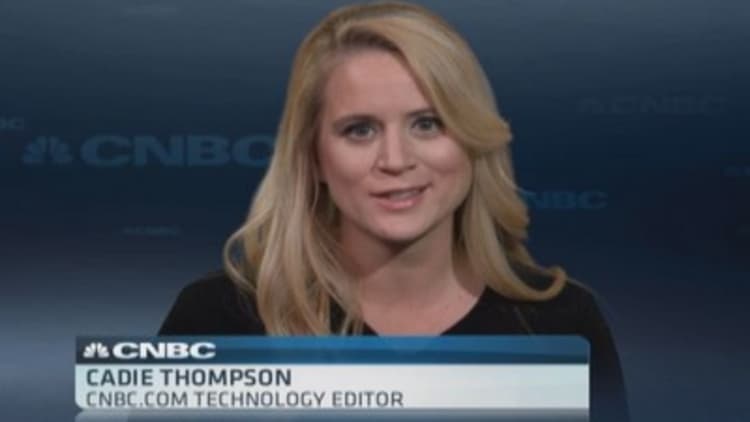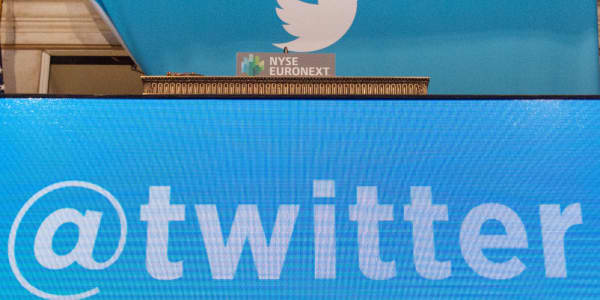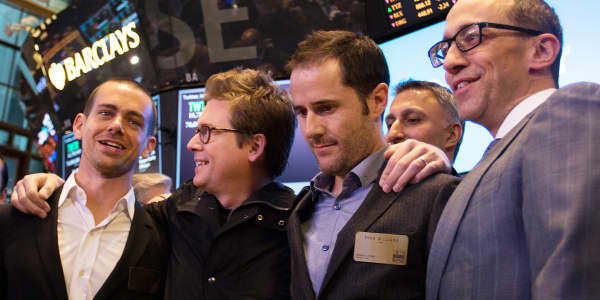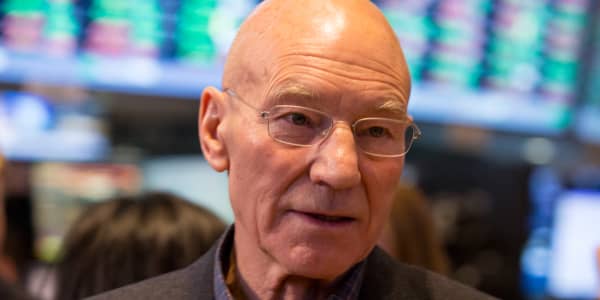
Twitter's biggest IPO fear should be that investors love its stock too much, at least initially, said Stephan Paternot, tech veteran and founder of TheGlobe.com.
(Read more: Five memorable IPO moments)
"That's one of the bigger dangers, is if a stock becomes overhyped, like Facebook did last year. You end up with too many retail investors and they're really still in it for the short term," he said. "The potential danger is it will get a little oversold again."
(Read more: Twitter IPO not worth all the hype: CNBC-AP poll)
In the late 90's, TheGlobe.com was the social media giant of its time. The company, which allowed users to create and share content, had tremendous success at its IPO, with its stock price increasing as much as 1,000 percent on its first day of trading before closing up more than 600 percent. But the good times didn't last long. The company's stock price came crashing down to 10 cents a share just a few years later when the dot-com era went bust.
(Read more: Follow CNBC's Twitter IPO coverage)
While the markets are a lot different than they were during the dot-com boom, there's still the risk that investors might get too excited about a high-profile IPO, in this case Twitter.

"When people are just trying to buy into any old IPO, it creates a ridiculous bubble," Paternot said. "What is going on today is a little bit different. The focus is more on individual companies that have really stood the test of time, are generating major revenues, have massive multimillion-hundred user bases and I think that changes things and makes them stronger fundamentally."
(Read more: IPO tsunami looms, may even drown out Twitter)
Twitter's fundamentals seem to be in good shape, Paternot said.
It has 232 million active users, with over 500 million tweets posted a day and generates revenue of $168.6 million, according to its latest S-1 filing.
(Read more: Twitter's sexy IPO is a trap for the average joe investor)
"Back in the '90s you could go public simply because you had an audience. You didn't have to generate a revenue. People were so excited, they were willing to take a pass on looking at the bottom line," he said.
"Now, that's really different. When Facebook went public it already had hundreds of millions of users and it's the same case with Twitter. Twitter may be smaller, but they're still orders of magnitude bigger than Yahoo, Netscape and TheGlobe when they went public. So there is a much stronger fundamentals."
—By CNBC's Cadie Thompson. Follow her on Twitter @CadieThompson.





